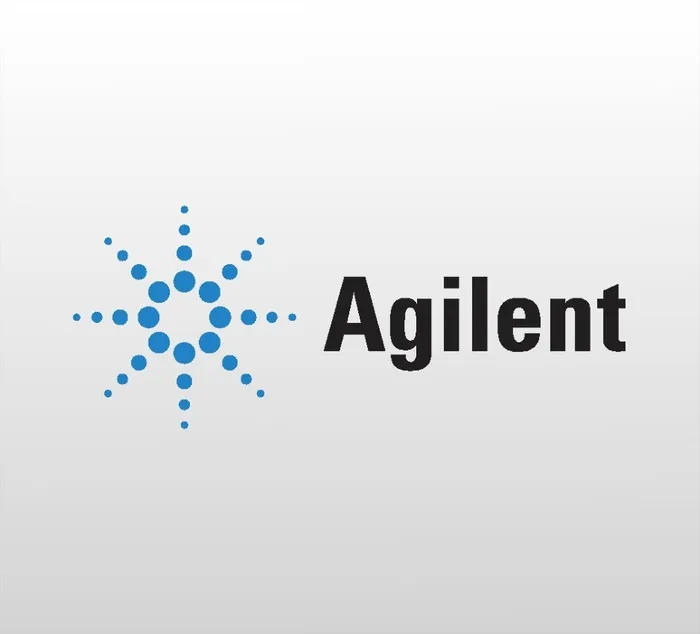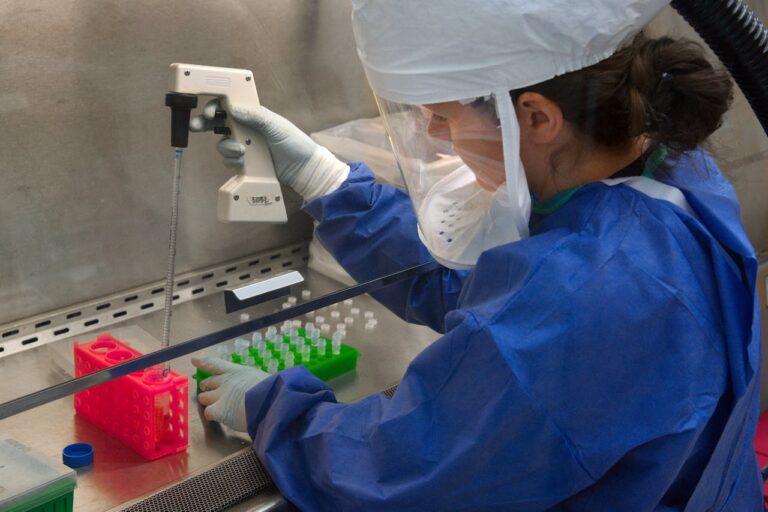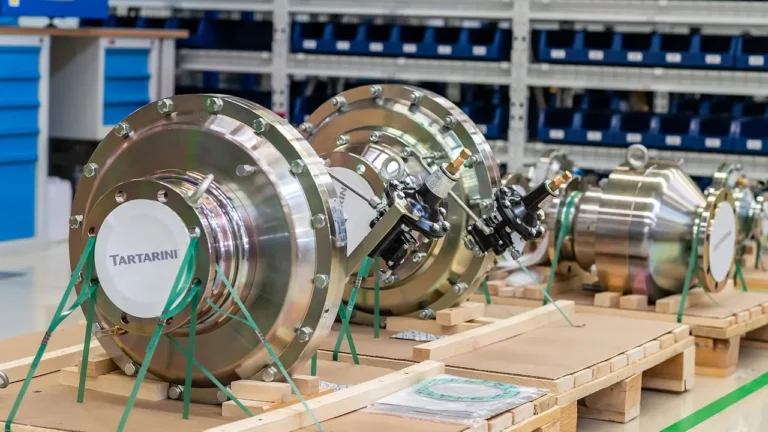
Agilent Technologies Partners with Georgia Tech to Launch Environmental Health and Engineering Center of Excellence Led by Shane Snyder
Agilent Technologies Inc. has joined forces with the Georgia Institute of Technology to launch a new Agilent Center of Excellence (CoE) for Environmental Health and Engineering. This strategic initiative is designed to advance research in environmental sustainability, water recycling, and biologics, positioning the center as a key hub for innovative solutions to pressing global challenges.
The newly established CoE will be spearheaded by internationally renowned environmental scientist Professor Shane Snyder, a faculty member in the School of Civil and Environmental Engineering at Georgia Tech. Professor Snyder, widely recognized for his contributions to water quality and treatment research, will guide the center’s mission to drive cutting-edge discoveries and foster collaboration among leading researchers in the field.
At its core, the Agilent CoE will act as a nexus for scientific innovation, combining Georgia Tech’s academic expertise with Agilent’s advanced technological capabilities. The partnership will integrate Agilent’s state-of-the-art cell analysis instruments and high-resolution mass spectrometers to enhance the rapid evaluation of environmental and water safety. This will allow researchers to study environmental contaminants with greater precision and efficiency than ever before.
Key Areas of Focus
The Georgia Tech Agilent CoE will dedicate its research efforts to four main objectives:
- Innovating Municipal and Industrial Water Recycling Technologies – Developing new approaches to purify and reuse water for both municipal and industrial purposes, ensuring a sustainable and safe water supply.
- Advancing Waste Material Upcycling and Resource Recovery – Transforming waste into valuable resources through advanced recovery technologies, reducing landfill use and promoting circular economy principles.
- Pioneering Cell-Based Environmental Analysis – Applying advanced biological analysis to rapidly assess the toxicity and safety of complex environmental mixtures, offering deeper insight into potential health impacts.
- Training Future Scientific Leaders – Equipping the next generation of environmental scientists and engineers with the skills, knowledge, and tools needed to design sustainable environmental solutions.
A Shared Vision for Environmental Progress
Agilent CEO Padraig McDonnell emphasized the importance of the collaboration, stating:
“Agilent is excited to collaborate with Professor Snyder and Georgia Tech on this Center of Excellence. This partnership illustrates Agilent’s objective to empower academic researchers with the tools and support they need to drive meaningful scientific progress — especially in the critical area of environmental health and safety.”
Professor Snyder, who holds the prestigious José Domingo Pérez Foundation Chair, brings decades of experience to the role. His career includes serving as the President’s Chair Professor at Nanyang Technological University (NTU) in Singapore and as Executive Director of the Nanyang Environment and Water Research Institute (NEWRI). His research has consistently focused on sustainable water treatment, environmental safety, and resource recovery, making him uniquely positioned to lead the CoE’s ambitious agenda.
Reflecting on the collaboration, Snyder remarked:
“This partnership with Agilent enables us to push the boundaries of environmental research. With access to state-of-the-art instrumentation and Agilent’s scientific expertise, we will accelerate discoveries that address some of the world’s most pressing sustainability challenges.”
A Unique Role in Agilent’s Global Network
The Georgia Tech CoE marks Agilent’s third Center of Excellence in the United States and the only one dedicated to environmental contaminant measurement and toxicity evaluation. What sets it apart is its pioneering use of cell-based analytical methods to determine the health relevance of complex chemical mixtures in environmental systems. By linking advanced analytical chemistry with biological impact assessment, the center aims to provide a more holistic understanding of environmental risks.
This initiative also builds upon a long-standing relationship between Agilent and Professor Snyder. In 2017, Snyder received the Agilent Research Catalyst Award for his groundbreaking work in water quality research — recognition that helped cement the foundation for this deeper collaboration.
As part of Agilent’s global network of Centers of Excellence, the Georgia Tech facility is expected to serve as a model for industry-academia collaboration. The center will demonstrate how pooling resources, expertise, and technology can lead to scalable solutions for environmental challenges, from urban water scarcity to industrial waste reduction.
By aligning scientific research with real-world environmental needs, the Agilent CoE for Environmental Health and Engineering is poised to make significant contributions to the global sustainability agenda. It will not only produce innovative technologies but also cultivate a new generation of scientists committed to safeguarding natural resources for the future.




